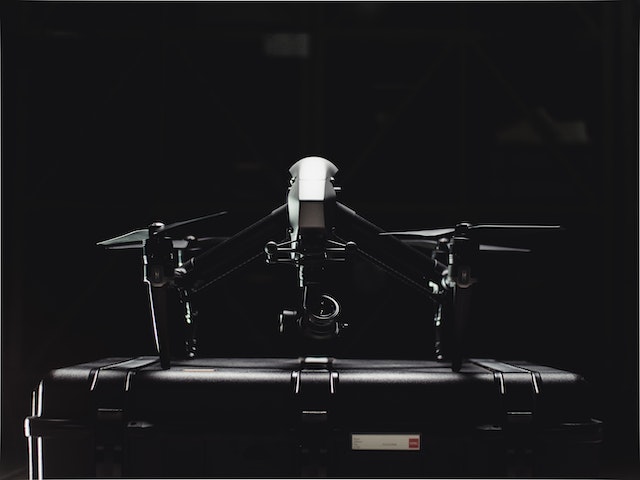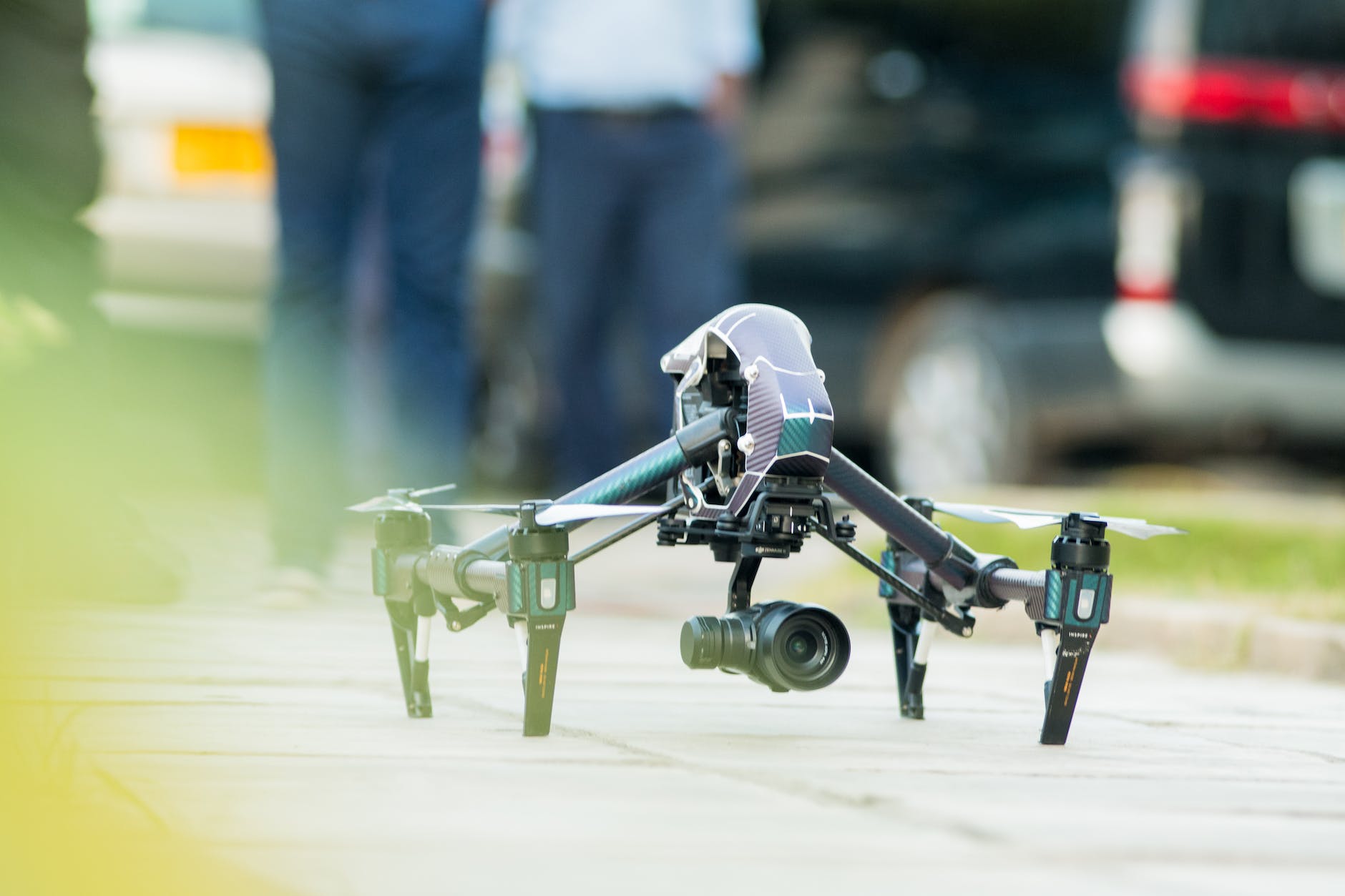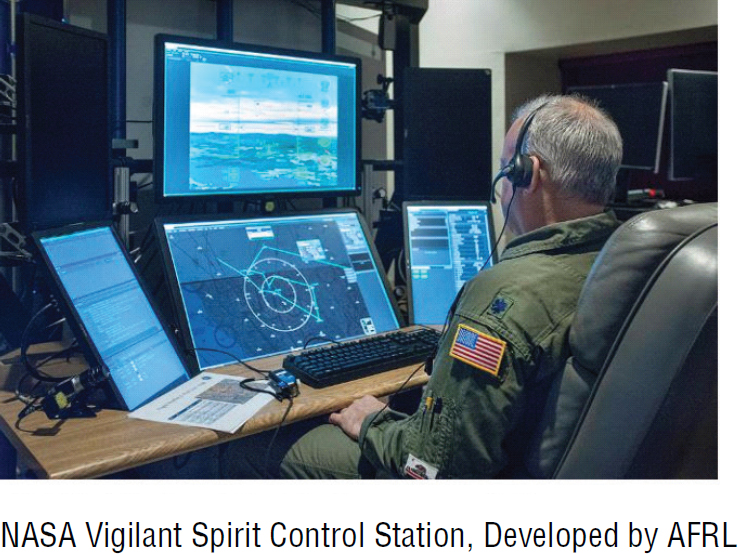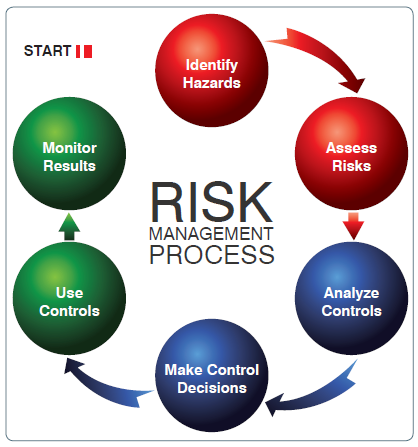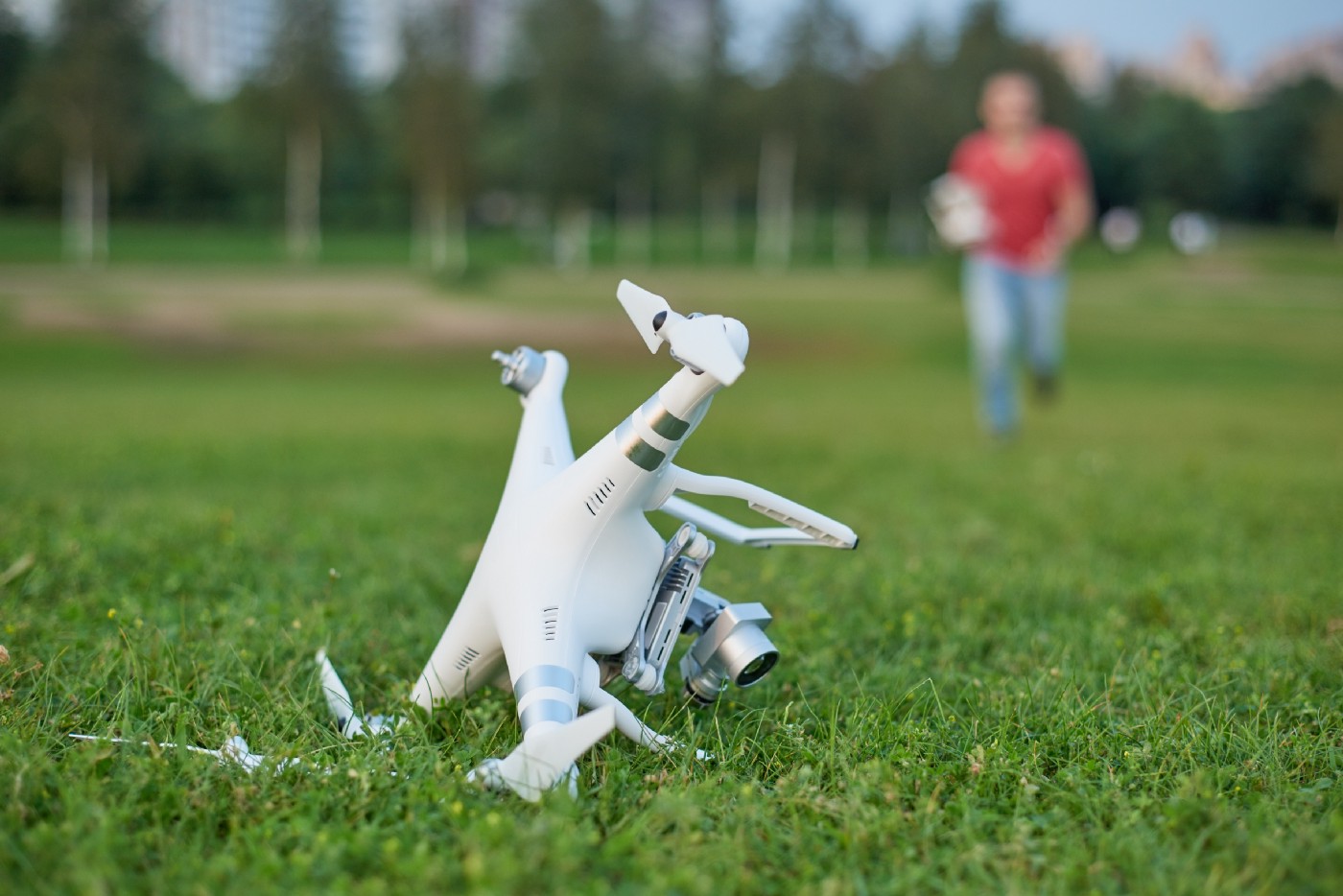
Over-The-Counter (OTC) Medications
Operating an unmanned aircraft requires the remote pilot in command (PIC) to be in good shape physically and mentally before each flight operation.
There are several factors to consider before taking over-the-counter medications if you are planning on flying a remote aircraft:
- Consider the condition that you are trying to treat. A simple headache may be treated quicker than flu-like symptoms. If the condition being treated requires constant OTC medication ingestion to feel better, it is probably not a good idea to fly.
- Consider possible reactions to the medication. Some people are allergic to medications (i.e. aspirin, penicillin, etc.). For this matter, it is strongly discouraged to fly a UA after taking a specific medication for the first time.
- Consider the potential side effects - Most OTC medications can cause side effects such as light-headedness, dizziness, drowsiness, or even visual disturbance (such as blurriness). For that matter, it is recommended to carefully read all the listed side effects on the medication label for warnings.
When choosing an OTC medication:
- IDENTIFY the active ingredient(s) by looking at the Drug facts on the label
- READ the Label and look for warning signs that involve drowsiness, and restrictions to driving a motor vehicle or operating machinery. These are medications that pose the most significant risk to UAS operators (FAA, 2019). If such warnings exist, then the medication is NOT safe for flying.
- READ carefully about the dosage intervals and how they could impact your flight planning. If this is the first time taking this medication, it is recommended NOT to fly.
One of the most common OTC impairing medications are those classified as antihistamines. These are your common allergy medications, which can have sedating side effects. According to the FAA, "sedating antihistamines are the most commonly detected medication in fatal accidents" (FAA,n.d.).
The most effective mitigation strategy from a human factors perspective that operators can use when conducting UAS operations is to ensure that all crew members are actively taking self-assessment evaluations before each flight operation.
A Self-evaluation checklist such as the "IMSAFE" checklist can allow a remote pilot to assess their readiness before operating an unmanned aircraft system (UAS). IMSAFE is a short abbreviation for the following:
- I - Illness: Am I sick? Do I have any symptoms?
- M - Medication: Have I taken any prescription or over-the-counter drugs recently?
- S - Stress: Am I under any stress or pressure?
- A - Alcohol: Have I been drinking in the last eight hours?
- F - Fatigue: Am I tired and not sufficiently rested?
- E - Emotion: Am I emotionally upset?
Fatigue and stress are some of the physiological factors that can affect remote pilot performance.
Stress is how the human body reacts to changes or challenges, whether physical or psychological (FAA, 2016). It is important to note that not all stress has negative effects. Some stress such as acute stress can be good to keep the pilot focused and alert, while others (chronic stress) may have negative impacts. Stress can cause fatigue.
Fatigue has a negative impact on a person’s ability to perform tasks. A fatigued person has a hard time concentrating, memory problems, task fixation, and increased errors while performing tasks (FAA, 2020). These problems can be risky and catastrophic for any flight operation (including UAS operation).
References:
- Federal Aviation Administration. (n.d.). Pilots and Medication. Retrieved from https://www.faa.gov/news/safety_briefing/2018/media/SE_Topic_18-10.pdf
- Federal Aviation Administration. (2016). Remote Pilot - Small Unmanned Aircraft System Study Guide. Flight Standards Services. Retrieved from https://www.faa.gov/regulations_policies/handbooks_manuals/aviation/media/remote_pilot_study_guide.pdf
- Federal Aviation Administration. (2019). What Over-the-Counter (OTC) medications can I take and still be safe to fly? Retrieved from https://www.faa.gov/licenses_certificates/medical_certification/media/OTCMedicationsforPilots.pdf
- Federal Aviation Administration. (2020). Fatigue in aviation. Retrieved from https://www.faa.gov/pilots/safety/pilotsafetybrochures/media/Fatigue_Aviation.pdf

